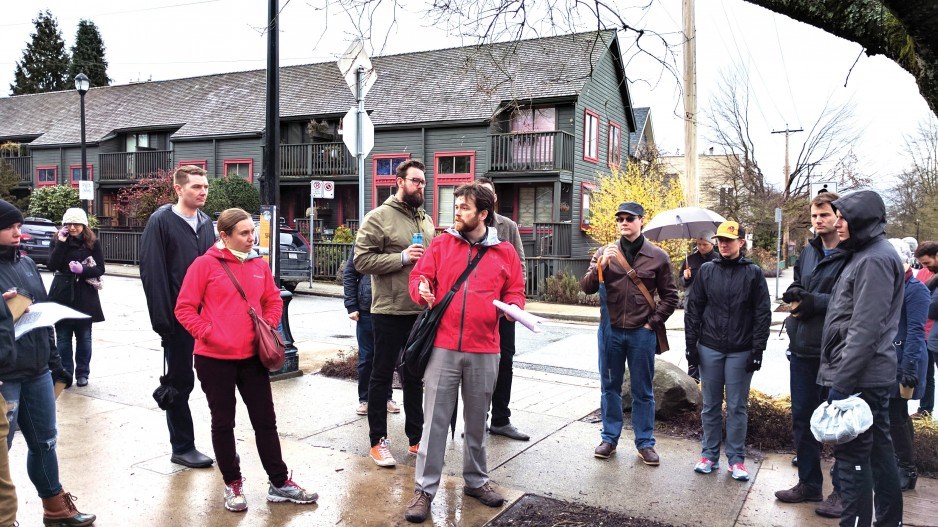Vancouver’s empty-homes tax, which rolled out last month, will likely do little to increase the supply of rentals in a city with a near 0% vacancy rate, according to housing analysts and tenant advocates.
“If a residential property is not a principal residence and does not qualify for an exemption, it must be occupied by a tenant for at least six months of the year – in periods of 30 or more consecutive days – or be subject to a 1% tax on its assessed value. Properties that have not yet been rented would therefore need to be occupied by a tenant no later than July 1, and remain occupied for the remainder of 2017 in order to be excluded from the tax,” according to a March 7 statement from the City of Vancouver.
Vancouver Mayor Gregor Robertson estimates there are 10,800 homes sitting empty in the city “and likely thousands more under-occupied.”
“The empty-homes tax will encourage the best use of all our housing and help bring thousands of rental homes back into the market as the rental vacancy rate remains dangerously low,” Robertson said.
Based on Vancouver’s current assessed values, the 1% tax would average about $16,000 for a vacant detached house and $6,000 for a vacant condominium.
“I like the principle of it, but I think owners will find a way around it,” said Brendan Dawe, a spokesman for Abundant Housing Vancouver, a year-old tenant advocacy group pushing for the construction of more rental housing.
Dawe believes the tax will be expensive to administer and difficult to enforce.
Michael Geller, a Vancouver architect and developer who consults on housing issues, echoed that comment.
“I suspect the empty-homes tax will result in some properties rented out, and others sold to owner-occupiers or investors who will rent them out,” Geller said. “But ultimately, it will be administratively expensive and not make rental housing more affordable.”
He cited one example of a Florida owner of a $4 million Vancouver condominium who advertised but could not find a qualified tenant for the time the owner was not in Vancouver. For such an owner, the empty-home tax could total $40,000.




